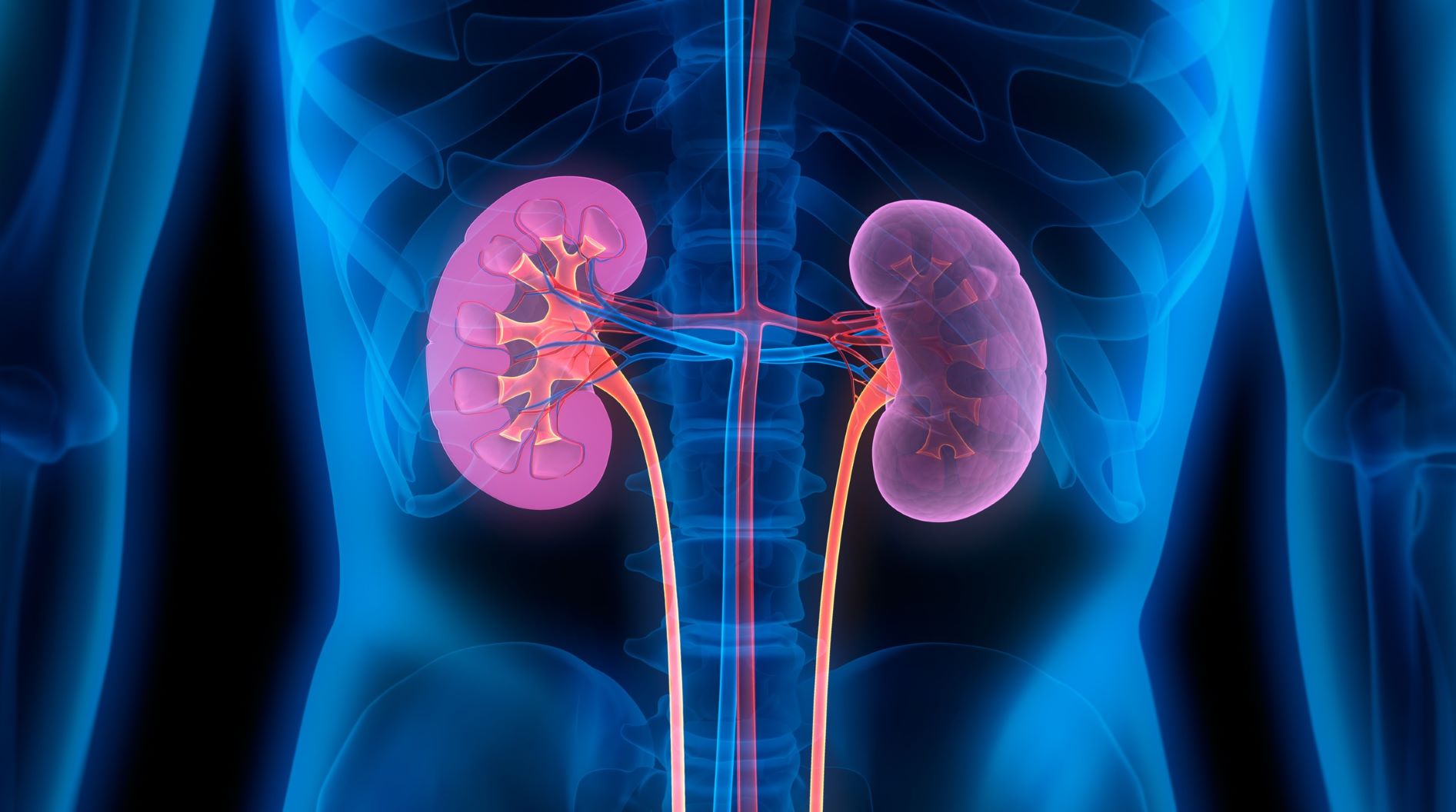Hashimoto’s disease is an autoimmune condition that damages the thyroid, often leading to...
Read MoreEffective Monday, January 5th, Inspira Health is now at Yellow Alert Status: Masks for staff, patients and visitors in all high-risk areas across our facilities are strongly recommended.


In the human body, many things come in pairs—arms, legs, eyes and ears are some of the first things that pop into our head. But, there's another important organ that comes in a pair, and while you can't feel them or see them, your kidneys play an important role in keeping your body in working condition.
The kidneys perform a handful of crucial functions for the body, including maintaining fluid balance and creating hormones that help to produce red blood cells. But the most important function is often considered to be the role that it plays as the body's filtration system.
Your kidneys are responsible for filtering both the body's blood and other waste materials that may enter the body, whether through food, drink or medicine. The waste leaves the body as urine.
“The tiny functional units within the kidneys that perform this filtration are called nephrons, and each kidney contains somewhere around 1 million of these microscopic filtering systems,” said Inspira endocrinologist at Inspira Medical Group Endocrinology in Sicklerville.
As blood works its way through the kidneys, it passes through different structures within them. The renal tubules, one of the first stops, absorb different nutrients from fluid back into the blood, including potassium, chloride and sodium. As this fluid reaches the end of the tubule, it passes through collecting ducts, which are located at the end of each nephron. By the time fluid reaches this stage, it is beginning to resemble urine.
After filtering through nephrons, fluid flows through the renal pelvis on its way to the bladder. As the fluid moves, cup-shaped spaces called calyces collect what will become urine.
The ureter—a muscular tube connecting to the bladder—finishes the process by pushing the urine through to the bladder, where it then is ready to exit the body.
"The kidneys have a lot of toxins that pass through them on a constant basis, and most of the time they handle themselves well," said Inspira endocrinologist. "But, with increased exposure to these toxins comes an increased risk of complications."
Some of the most common kidney complications include kidney stones, kidney failure and urinary tract infections. The good news is that by following a healthy lifestyle, you can greatly reduce your risk for running into these complications.
"Because of the kidneys' role in filtering blood, their health also plays a large part in your heart's health as well," said Inspira endocrinologist. "Some of the best things that you can do for both your kidneys and your heart include monitoring your sodium intake, exercising regularly and drinking plenty of water to help the kidneys flush toxins out of the body.”
To learn more about the high-quality, personalized care with Inspira's Endocrinology program, call 1-800-INSPIRA or visit inspirahealthnetowork.org/endocrinology-sicklerville.

Hashimoto’s disease is an autoimmune condition that damages the thyroid, often leading to...
Read More
Beat seasonal allergies and enjoy a sneeze-free summer with our ultimate survival guide full of...
Read More
Sports medicine and rehabilitation help athletes prepare for the spring season by improving...
Read More